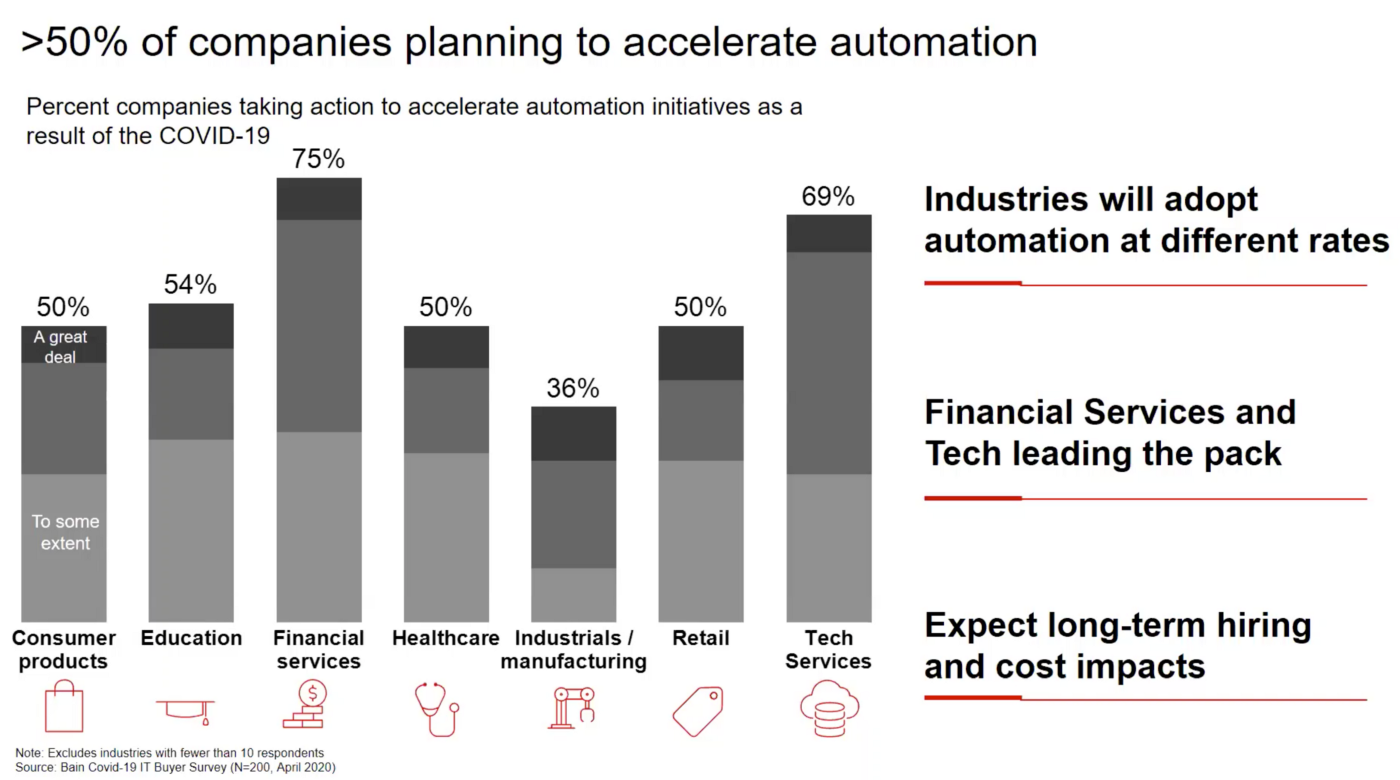In the annals of human history, few events have wrought as profound an impact as the COVID-19 pandemic. This global health crisis, declared a pandemic by the World Health Organization (WHO) on March 11, 2020, has reshaped the course of our lives, economies, and societies in ways that are both immediate and far-reaching. The virus, a member of the coronavirus family, has underscored the interconnectedness of our world and the fragility of our health systems. This essay endeavors to provide a panoramic view of COVID-19's impact on global health and the economy, highlighting the challenges faced, the responses implemented, and the lessons learned for the future.
Health Dimensions: A Global Tragedy Unfolds
At its core, COVID-19 has been a relentless assailant against humanity's health. The virus, with its high transmissibility and potential for severe illness, has claimed countless lives worldwide. According to the WHO, as of January 2023, over 674 million cases and over 6.8 million deaths had been reported globally. These numbers are staggering and serve as a stark reminder of the devastating toll this pandemic has taken. The virus has not discriminated; it has affected people of all ages, though the elderly and those with pre-existing conditions have been disproportionately impacted.
The pandemic has also exposed weaknesses in global health infrastructure, highlighting the need for robust public health systems and equitable access to healthcare. Countries with well-equipped healthcare facilities and effective policies have fared better in containing the spread and managing the consequences. However, many low- and middle-income nations grappled with shortages of medical supplies, testing capabilities, and trained personnel, leading to a disproportionate burden of disease and death.
Economic Ramifications: A Global Slowdown Unparalleled
The economic fallout from COVID-19 has been equally severe. The pandemic has triggered a global economic slowdown unseen since the Great Depression of the 1930s. Businesses have shuttered their doors, supply chains have been disrupted, and unemployment rates have surged. In response to contain the virus's spread, governments worldwide have implemented lockdown measures, travel restrictions, and other non-pharmaceutical interventions (NPIs), which have crippled economies and caused a loss of productivity on an unprecedented scale.
The tourism industry, in particular, has been hit hard. Countries that rely heavily on tourism revenue have seen their economies shrink dramatically. The United Nations World Tourism Organization estimates that international tourist arrivals declined by 74% in 2020 compared to 2019. Similarly, the aviation industry has suffered significant losses, with airlines worldwide experiencing bankruptcies and massive cancellations. The service sector as a whole has been affected, with restaurants, hotels, and retail experiencing a decline in customer流量 and revenue.
The manufacturing sector has not been spared either. Disruptions in supply chains due to border closures and worker shortages have led to production delays and shortages of essential goods. The automotive industry, for instance, has faced challenges sourcing components from Asia due to shipping delays and lockdowns in key production hubs.
Responses and Adaptations: A Global Effort
In the face of this unprecedented challenge, nations have mobilized unprecedented responses. Governments have introduced stimulus packages to cushion the economic impact, provided financial aid to households and businesses, and implemented vaccination programs to curb the spread of the virus. The COVID-19 vaccines, developed at an unprecedented pace thanks to international collaboration and scientific advancements, have become a beacon of hope for many countries. As vaccination rates rise globally, there is a glimmer of light at the end of the tunnel for a potential return to normalcy.
Digitalization has also emerged as a silver lining during this crisis. Remote work, e-commerce, and online education have become the norm for many, demonstrating the resilience of our digital infrastructure and highlighting its potential to transform industries post-pandemic. The pandemic has accelerated the adoption of technology across sectors, fostering innovation and adaptability in the face of adversity.
Lessons Learned: Building Back Better
As we navigate through this unprecedented time, it is crucial to reflect on the lessons learned from the COVID
转载请注明来自爬爬百科,本文标题:《COVID-19,全球健康与经济的全景影响》












 京ICP备11000001号
京ICP备11000001号
还没有评论,来说两句吧...